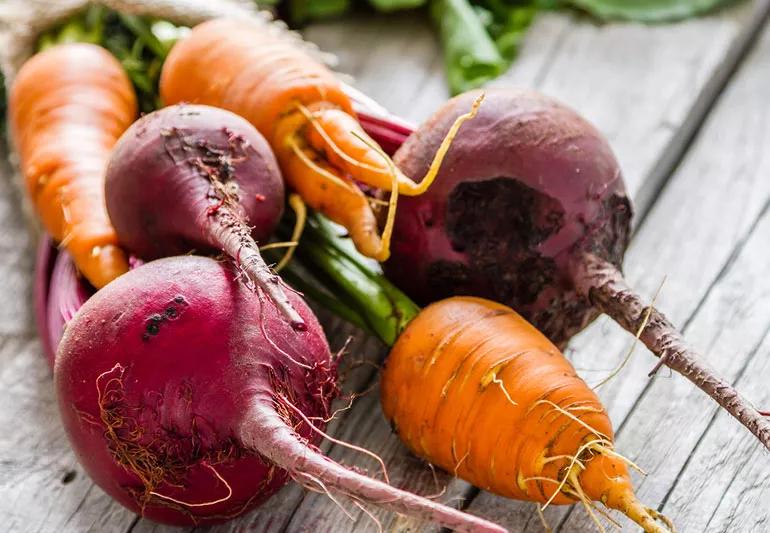Foods and Supplements To Avoid If You Have Thyroid Problems: Expert Advice
If you're managing a thyroid condition, navigating dietary advice can feel overwhelming. While diet alone can't treat thyroid issues, certain foods and supplements can interfere with your medication or worsen your symptoms. It's essential to understand which foods to limit and why.
According to Dr. Christian Nasr, an endocrinologist, knowledge is power. Knowing which foods and supplements may impact your thyroid health is crucial for managing your condition effectively.
Soy and Hypothyroidism: What's the Connection?
If you have hypothyroidism, be mindful of your soy intake. Hypothyroidism occurs when your thyroid gland doesn't produce enough thyroid hormones.
- The Problem: Soy can hinder the absorption of thyroid hormone replacement medication.
- Expert Insight: "Some studies show that if you eat a lot of soy... within one hour of taking a thyroid hormone, it might affect absorption," says Dr. Nasr.
- Recommendation: If you have a borderline underactive thyroid, avoid consuming large amounts of soy daily.
Root Vegetables: The Good, The Bad, and The Cassava
Most root vegetables are beneficial for overall health and don't pose a threat to your thyroid.
- Good News: Turnips and other common root vegetables are safe to eat.
- The Exception: Cassava, a staple in parts of Africa, contains toxins that can slow down an underactive thyroid, especially with iodine deficiency.
- Relevance for Americans: This is generally not a concern in the U.S. unless you regularly consume cassava.
Kelp: Is This Seaweed Safe for Your Thyroid?
Kelp is another food that warrants attention when managing thyroid issues.
- The Concern: Excessive kelp intake, particularly in supplement form, can be problematic.
- Recommended Intake: Stick to the average daily recommended intake (158-175 micrograms).
- Supplement Caution: Kelp capsules can contain up to 500 micrograms or more, potentially leading to overconsumption.
- Pregnancy Risk: Pregnant women should avoid high kelp intake due to the risk of fetal goiter.
Cabbage and Cruciferous Vegetables: Moderation Is Key
Cruciferous vegetables offer numerous health benefits, but overconsumption can impact thyroid function.
- The Issue: Raw cruciferous vegetables in large quantities can interfere with iodine uptake, potentially leading to hypothyroidism, especially in individuals with iodine deficiency or borderline levels.
- Examples: Cabbage, broccoli, cauliflower, and Brussels sprouts.
- Recommendation: Cook these vegetables, as heat can reduce their goitrogenic (thyroid-inhibiting) effects.
Iodine Supplements: A Double-Edged Sword
Iodine supplementation requires careful consideration, especially with thyroid conditions.
- The Problem: Iodine supplements can have varying effects, potentially causing the thyroid to produce too much or too little hormone.
- Expert Advice: "If there is anybody who shouldn’t take iodine, it is thyroid patients," warns Dr. Nasr.
- Iodine Deficiency: While iodine deficiency is a global concern, it's less prevalent in the U.S. due to iodine-added foods.
Selenium Supplements: Support Thyroid Function Safely
Selenium plays a vital role in thyroid health, but moderation is critical.
- The Benefit: Selenium supports efficient thyroid function.
- Dietary Sources: Fish, Brazil nuts, meat, and poultry.
- Supplement Use: Selenium supplements are generally safe, but limit intake to 200 micrograms per day.
By understanding these dietary considerations, you can work with your healthcare provider to optimize your thyroid health and overall well-being. Always consult with a healthcare professional or registered dietitian before making significant changes to your diet or supplement regimen, especially if you have a thyroid condition.












